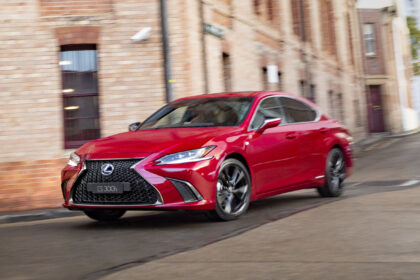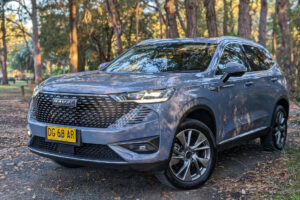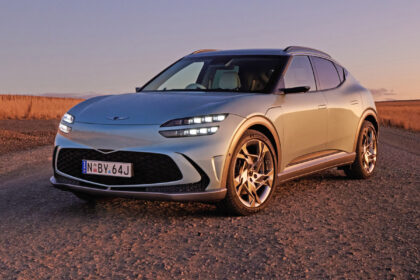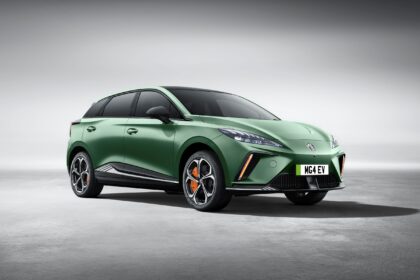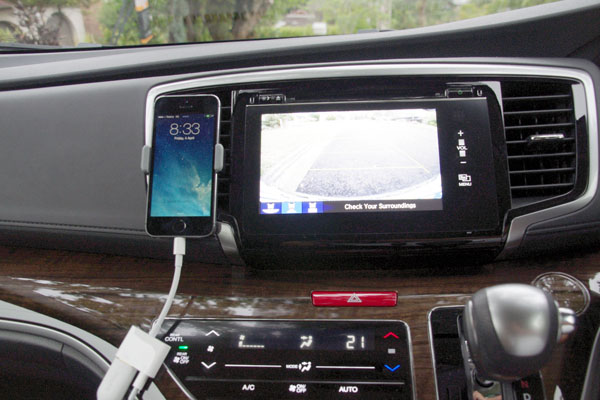
Features such as a Bluetooth-paired smartphone and reversing camera are great – provided that they’re used appropriately.
The last decade or so has seen a staggering number of innovations that have made motoring safer, easier and more comfortable.
Back in the late 1960s when I bought the potential deathtrap that was my first car, a second-hand 1950-something Simca, its safety features included aftermarket seatbelts (they’d only recently become compulsory) and … umm … that was about it.
Even the new Volkswagen Beetle that replaced the Simca within six months – the latter having died before it could kill me – although significantly safer, didn’t have any of the features that we now take for granted. There were no airbags, no ABS brakes, no stability or traction control, all standard in every new car now sold here.
Despite the best efforts of the general media to downplay the dramatic drop in the road toll (bad news is good news and good news is no news) and of politicians who explain it entirely on driving slowly, the real heroes are the carmakers themselves who have continuously made their vehicles safer to such an extent that the vision of an ‘uncrashable’ car could become a reality within the next decade.
While the benefits of these new safety features are self-evident many also bring with them new problems, generally because some drivers allow the technology to take precedence over their own instincts.
This was driven home to me recently when, for the first time in months, I test drove one of the rare new cars that didn’t have parking sensors and found the confidence in parking that I’d developed in nearly 45 years of driving had all but disappeared such had become my reliance on these series of little beeps that alerted me to the warned me park.
The same risk applies to new features such as Blind Spot Monitoring where you rely on a camera to warn of vehicles coming alongside rather than correctly adjusted the rear mirrors; relying on reversing cameras instead of the correct procedure of walking around the car before entering and then also using mirrors; and Lane Departure Warning if you’ve become too busy thinking of something else.
Lack of attention to the road has always been a problem but has never been more so than at the present time. By far the biggest offender is the smartphone with its vast array of potential distractions including telephone, audio, camera, traffic information and other apps. Although Bluetooth and voice activation commands reduce the level of physical distraction research has shown that mental distraction can be just as dangerous.
So the bottom line is that technology is there to make your time on the road safer, more enjoyable and comfortable. Not to replace your experience and judgement.
alistair@marquenews.com.au




